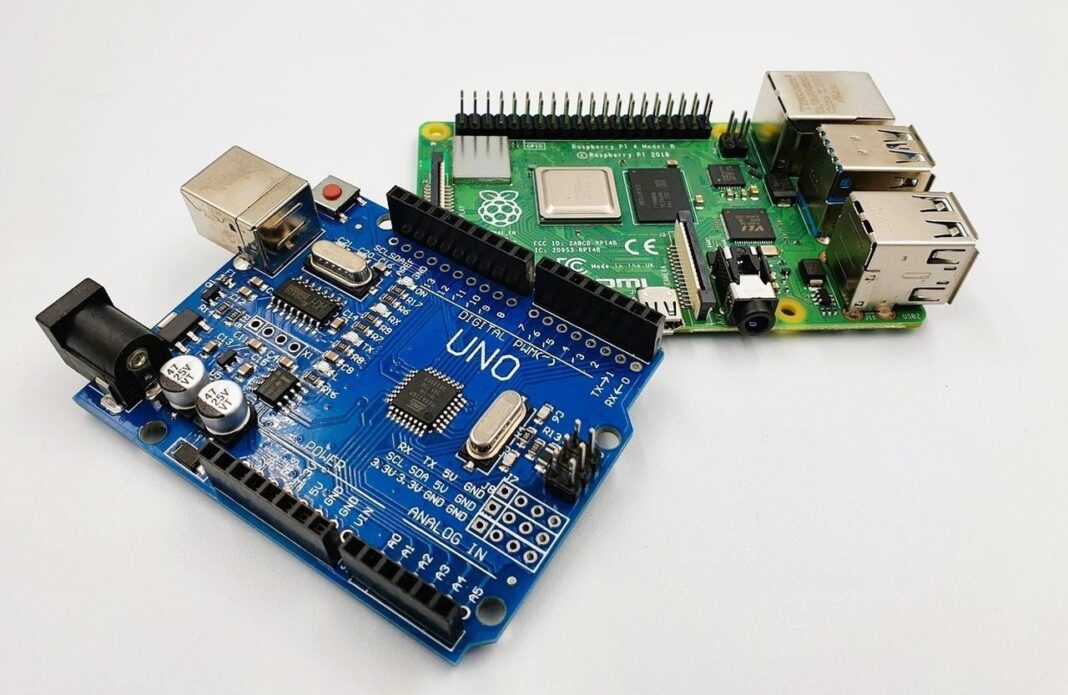Comparison with Other MCUs
In our previous article, we discuss what Arduino is all about. In this article, we will look at some comparisons between Arduino and some microcontrolles.
Raspberry Pi vs Arduino
Arduino:
- A microcontroller board that is designed for direct hardware control tasks, such as reading sensor data or controlling motors.
- Operates in real-time, meaning it can execute code at precise intervals, which is crucial for time-sensitive applications like PWM (Pulse Width Modulation) control.
- Typically used in projects that require simplicity, reliability, and low power consumption.
- Raspberry Pi:
- A single-board computer that runs a full operating system (usually Linux), capable of performing complex tasks like web browsing, media playback, or running server software.
- Ideal for projects requiring significant computational power, network connectivity, or complex user interfaces.
- Again, Raspberry Pi can interact with hardware, but not as directly or easily as Arduino.
ESP32/ESP8266 vs. Arduino
- ESP32/ESP8266:
- Microcontrollers with built-in Wi-Fi and Bluetooth capabilities, making them perfect for IoT (Internet of Things) projects that require wireless communication.
- Also, ESP32 offers dual-core processing, more GPIOs, and better peripheral support compared to the ESP8266, which has a single-core processor.
- Additionally, it requires more complex programming and may have a steeper learning curve, but offers more advanced features.
- Arduino:
- Simpler to program and use, especially for beginners or projects that don’t require wireless communication.
- Extensive libraries and support for a wide range of sensors and modules.
- Lower power consumption compared to ESP32/ESP8266 in some configurations.
Arduino vs. STM32:
- STM32:
- A family of 32-bit microcontrollers with a broad range of features and processing power, used in industrial, automotive, and consumer applications.
- Offers advanced peripherals, higher clock speeds, and more memory compared to Arduino.
- Typically used by experienced developers in professional environments where performance and advanced features are required.
- Arduino:
- More accessible for beginners and hobbyists, with a larger community and more beginner-friendly resources.
- Easier to set up and use for simple to moderately complex projects.
- Wide availability of shields and add-ons for expanding functionality.
To get started on your Arduino journey these are the boards we have in stock for you
- Arduino Mega
- Arduino Nano
- Arduino Uno Rev3
- Arduino Lilypad
- Arduino Pro Mini – 3.3V/8MHz
- ESP-WROOM-32 development board
- ESP8266-12E WIFI Module Breakout ESP12E
- NodeMCU Lua Based ESP8266 ESP-12E DEVKIT cp2102
- ESP32-CAM with Base
For more components visit our site: https://anycomponentlab.com/




